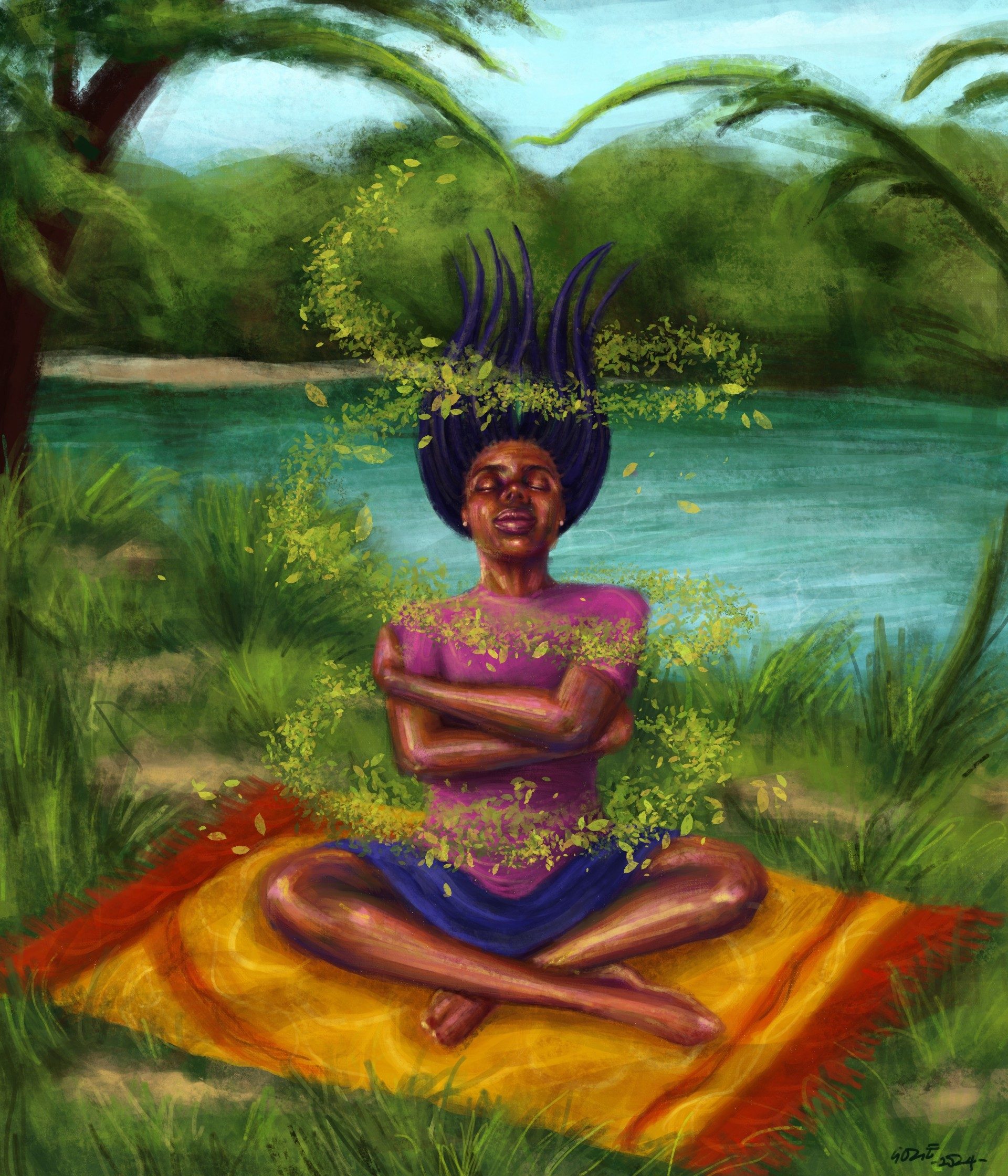Global survey: conflict deepens and amplifies gender inequality
11 October 2024On the occasion of the International Day of the Girl, Plan International publishes our latest research entitled “Still We Dream”, on how conflict is felt differently by girls and boys, by young women and men. We urge EU decision-makers to listen to the demands of young people from around the world and implement their recommendations towards a safer future where children and young people can thrive.

In 2024, nearly 300 million people will need humanitarian support, with conflict being one of the main drivers. The impact on civilians is devastating.
This is especially true for children and young people, who are recruited into armed groups, abducted, attacked in schools and hospitals, subjected to sexual violence and out of reach of humanitarian aid.
On the occasion of the International Day of the Girl, Plan International publishes our latest research entitled “Still We Dream”, studying how conflict is felt differently by girls and boys, by young women and men.
“Our research is clear that the brutal consequences of conflict are felt by everyone who experiences it – but how it is experienced differs for girls and boys, young women and young men. We can clearly see that conflict deepens and amplifies gender inequality as it reinforces gender stereotypes and increase harmful practices” says Kathleen Sherwin, Plan International.
The findings are alarming. Among others:
- Young people reported high levels of emotional distress, with girls and young women reporting significantly higher levels of related indicators than boys and young men.
- Over 45% of respondents reported reducing their food intake. Girls and young women also reported having greater difficulty accessing food aid. 59% of survey participants have limited or no access to electricity and 41% have limited or no access to water.
- A total of 27% of girls & young women reported sexual and gender based violence as a constant risk of everyday life. Girls and young women made pregnant due to rape reported being stigmatised when returning to their homes.
- Boys and young men were targeted for recruitment in greater numbers by armed groups than girls and young women. Some 17% of all survey respondents aged 17 and under had been asked to join or support an armed group.
- A majority of young people (65%) want peace talks, and they want young people to be involved in them.
Our research is clear that the brutal consequences of conflict are felt by everyone who experiences it – but how it is experienced differs for girls and boys, young women and young men.
Kathleen Sherwin, Plan International
However, young people want to be part of the solution. Their demands include:
- Implement immediate ceasefires and start meaningful peace talks
- Stop and condemn all violations against children in conflict
- Support safe and inclusive education
- Target humanitarian aid, making sure access to food, water and shelter, as well as services for survivors of violence are prioritised
- Help bolster local economies and provide employment opportunities
The EU has a key role to play as an important international donor but also political actor influencing the global agenda. With the new institutional mandate fast approaching, we call on EU decision-makers and officials to become true allies of children and young people from around the world and work together for a future that is safer and more prosperous for everyone.
Plan International “Still We Dream” report: https://plan-international.org/publications/still-we-dream


